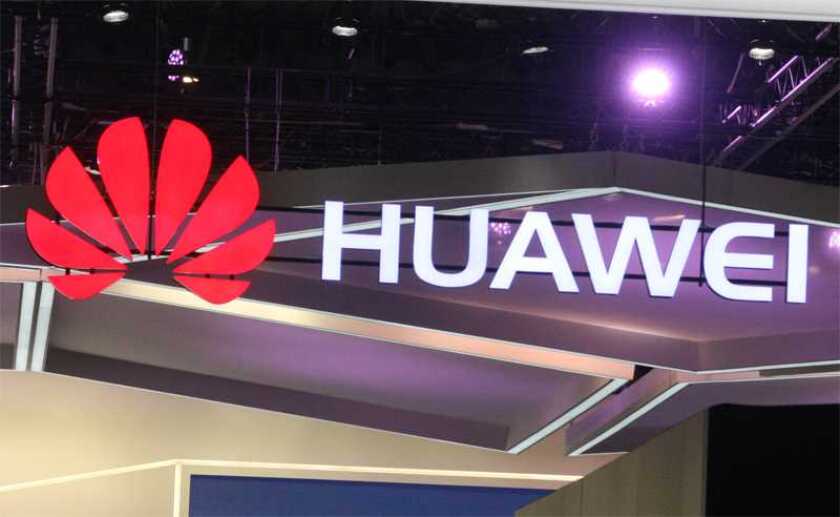Sources in the Chinese company told Capacity today that “the Indian government has invited Huawei to participate in the forthcoming 5G trials”.
Only yesterday the industry was speculating that Huawei and its Chinese rival ZTE had been cut out of the trials, proposed by the government’s telecoms secretary Aruna Sundararajan.
She told India’s Economic Times yesterday: “We have written to Cisco, Samsung, Ericsson and Nokia, and telecom service providers to partner with us to start 5G technology-based trials, and have got a positive response from them.”
All those companies are American, Korean and European; other reports included NEC, the Japanese vendor. Sundararajan clearly stated: “We have excluded Huawei from these trials.”
Now Huawei is saying that Sundararajan has done a fast about-turn. Sundararajan is now saying to Indian media: “Huawei has met me and they have said that they are interested. We said if you are interested then send us a proposal. We will see what their proposal is and we may go with them also.”
A Huawei executive told Capacity: “[It’s] all tied up with politics.” However, Sundararajan has still not mentioned ZTE, which probably has a tougher job, given its near-death experience this year at the hands of the US government after it was found to have smuggled hardware and software to Iran in the face of US embargoes.
The first suspicions that India was blocking Huawei and ZTE came last Friday when Sundararajan gave an interview to the Press Trust of India (PTI), a news agency. She told the PTI that the Indian government is planning to set up a panel that will identify application areas for 5G technology, including telemedicine and remote surgeries, drones for security surveillance and monitoring of air and water pollution, among others.
She told the PTI: “Companies have come up with preliminary use cases. We are going to set up core group which will sit with them and look at what are the use cases that make sense to us”
She said that the Department of Telecommunications in the Indian government was working with Arogyaswami Paulraj, an Indian-born emeritus professor at Stanford University. Now it looks as though Huawei has succeeded in winning over the Indian government to get back on its 5G agenda.






